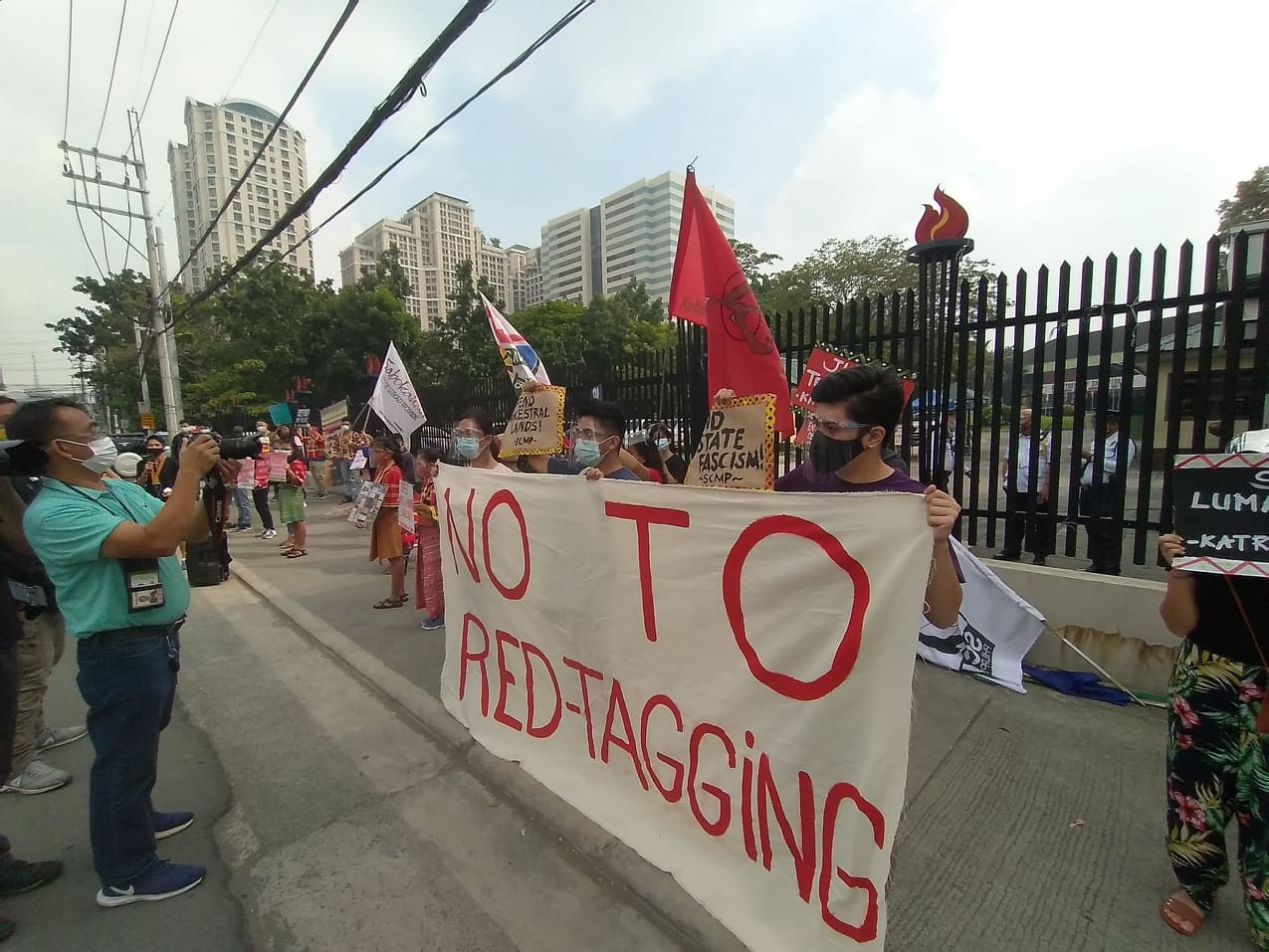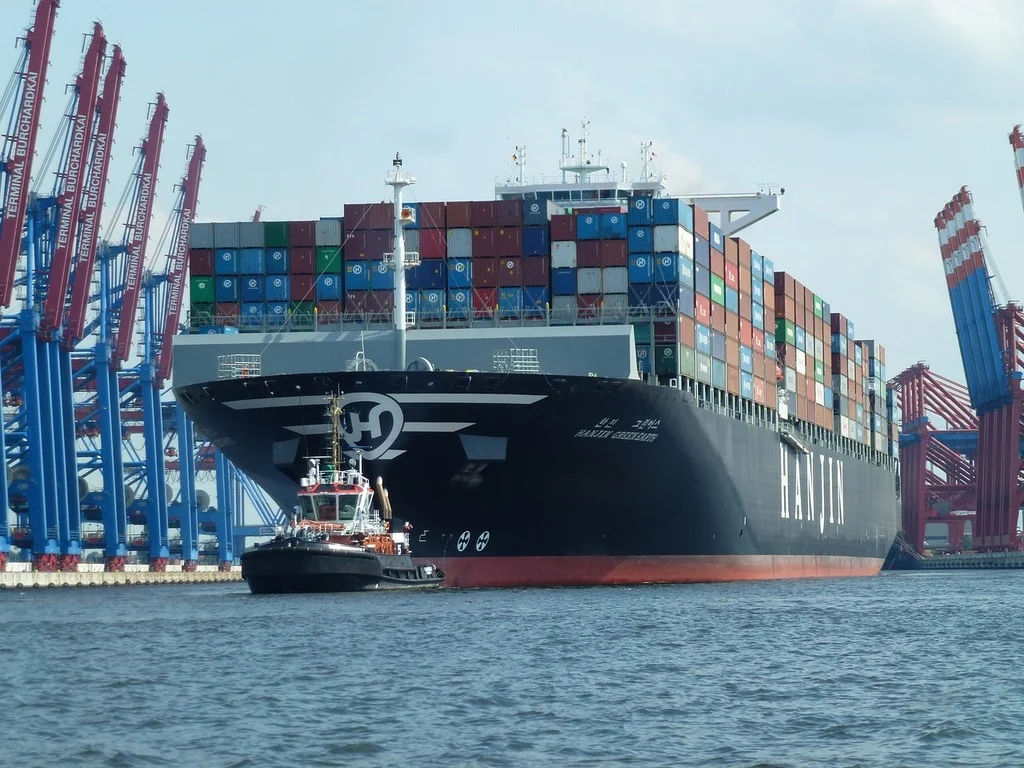Foreign investment is a crucial driver of Australia’s economy, particularly in the mining sector. But it frequently clashes with the rights and interests of First Nations Peoples. Examples of risk abound, such as the 2020 Juukan Gorge Disaster – the blasting and destruction of ancient sacred rock shelters on Puutu Kunti Kurrama Pinikura Country in Western Australia by mining giant Rio Tinto. Australia has acted to reduce the risk of similar incidents from projects funded by foreign entities, starting with the UAE.
Foreign Investment and Indigenous Rights in Context
International trade and investment agreements are set to play an increasingly important role in supporting the interests of First Nations Peoples in Australia. This is seen in the new Australia-UAE Comprehensive Economic Partnership Agreement (CEPA) and the Agreement Between Australia and the UAE on the Promotion and Protection of Investments (Australia-UAE Investment Agreement) which entered into force on 1 October 2025. These agreements are part of the global framework of free trade agreements (FTAs) and international investment agreements (IIAs) that are signed between two or more countries to facilitate international trade and promote and protect foreign investment. CEPA is Australia’s first-ever FTA that contains a specific chapter addressing Indigenous peoples’ rights and involvement in global trade and investment.
IIAs that were concluded before 2000 prioritised the protection of foreign investors’ interests. Host States – the countries that receive foreign investments – typically were reluctant to adopt new regulations that might indirectly lower the value of foreign investments or affect their viability. This is because these first-generation IIAs do not explicitly support host States to act to protect their public interests, such as by enacting more progressive environmental laws. The early IIAs also invariably allow recourse to the now much-maligned investor-State dispute settlement (ISDS) regime, which enables foreign investors to bring to international arbitration claims for compensation against host States. Such claims regularly result in crippling compensation awards – sometimes reaching hundreds of millions of US dollars. Several cases have arisen where a host State enacted regulatory measures to protect the interests of Indigenous peoples and a foreign investor subsequently asserted that its investment project was devalued as a result. Host States have lost all of these cases, such as South American Silver v. Bolivia, Border Timbers and others v. Zimbabwe and Bear Creek Mining v. Peru. A common feature of these cases is that the applicable IIAs did not contain specific provisions on Indigenous Peoples’ rights.
From Investor Protection to Public Interest
There is global debate about how to reform IIAs and modify or replace the ISDS with the aim of better safeguarding host States’ regulatory rights to achieve sustainable development goals. The CEPA and the Australia-UAE IIA provide a pointer in how this can be achieved with respect to acknowledging the importance of the rights, traditions and knowledge of Indigenous people. The agreements include several provisions to promote economic cooperation with First Nations people and businesses and to safeguard the interests of First Nations people in international trade and investment. They demonstrate that Australia is keen to safeguard the interests of First Nations Peoples by inserting protections in applicable international legal instruments. Likewise, the UAE has afforded more protection for its ethnically and culturally diverse population.
Innovation in the Australia-UAE Agreements
The chapter in CEPA on ‘Indigenous Peoples Trade and Investment Economic Cooperation’ encourages foreign investors to undertake and maintain early and meaningful engagement and dialogue with First Nations Peoples in accordance with international responsible business conduct standards, guidelines and principles. The Australia-UAE IIA also provides a general exception to protect a host state from liability where it has acted pursuant to its regulatory right to adopt measures for the protection of various public interests – ‘national treasures of artistic, historical or archaeological value’.
Promise and Limitations
The Australia-UAE agreements are at the cutting edge of modern IIAs. Yet the proof will be in the pudding. It is laudable that they facilitate Indigenous Peoples having more say in the appropriateness of any UAE investment project that might impinge on their rights. But the agreements do not provide explicit protection of Indigenous Peoples’ rights. They use soft language – terms such as ‘acknowledge’, ‘recognise’ and ‘encourage’. It will be difficult to enforce these opaque standards. For example, investors are ‘encouraged’ to consult with First Nations Peoples under the CEPA. But what if this does not occur? The agreement provides no guidance. And it does not contain a dispute resolution mechanism for dealing with any potential disputes with First Nations people.
Looking Ahead: Building on a New Foundation
CEPA’s strength is that it provides the basis for Australia and the UAE to develop their domestic legal framework to protect First Nations Peoples’ interests in land. Both States have agreed to protect the traditional rights and interests in land and water of their First Nations Peoples in accordance with each Party’s law. Following the destruction of Juukan Gorge, the Australian government committed to strengthening protections in partnership with the First Nations Heritage Protection Alliance. The Western Australian government also enacted the Aboriginal Cultural Heritage Act 2021, further empowering traditional owners in that state in decision-making about Aboriginal heritage management. CEPA paves the way for further progressive regulatory reform, especially if Australia continues on its path of modernising its dozens of other FTAs and IIAs in a similar manner.
What is unknown is whether there will be any future UAE investment projects that might impinge on the rights and interests of First Nations people. Yet the new agreements provide a starting point for Australia to strengthen its cultural protection laws to enable decision-making and management to be more inclusive of Indigenous people.
Dr Yucong Wang is a Lecturer and HDR Program Convenor at the Newcastle School of Law and Justice, within the College of Human and Social Futures at the University of Newcastle. She is a researcher in international law with particular expertise in foreign investment law.
Bethany Butchers is an Associate Lecturer at the Newcastle School of Law and Justice and a current PhD candidate. Bethany’s research explores issues across public law, constitutional law, self-determination, sovereignty, and decolonisation.
This article is published under a Creative Commons License and may be republished with attribution.





